Explore which countries offer genuine cultural experiences through local traditions and community involvement.

This knowledge matters because it allows travelers to avoid commercialized or tourist-heavy areas and instead experience genuine connections with local people and customs. One practical tip for readers is to prioritize visiting smaller towns, participate in community-led events, and support local artisans, which helps preserve cultural heritage and fosters sustainable tourism.
1. Japan offers deep traditional arts alongside cutting-edge modern culture.

Japan is a land where ancient traditions coexist harmoniously with contemporary innovations. Visitors to Japan can explore deep-rooted cultural practices such as tea ceremonies, calligraphy, and Noh theater. Simultaneously, the nation thrives as a pioneer in modern technology and fashion. The fusion of past and present offers an environment where tradition and innovation are equally revered, allowing for a unique cultural experience.
In Japan, engage with locals by attending a neighborhood festival or exploring cultural neighborhoods like Kyoto and Asakusa, as shared by The Travelling Dane. Taking the effort to learn basic Japanese phrases enhances interactions and demonstrates respect for local customs, deepening the experience of Japan’s authentic culture.
2. Italy is renowned for its rich history, food, and vibrant festivals.
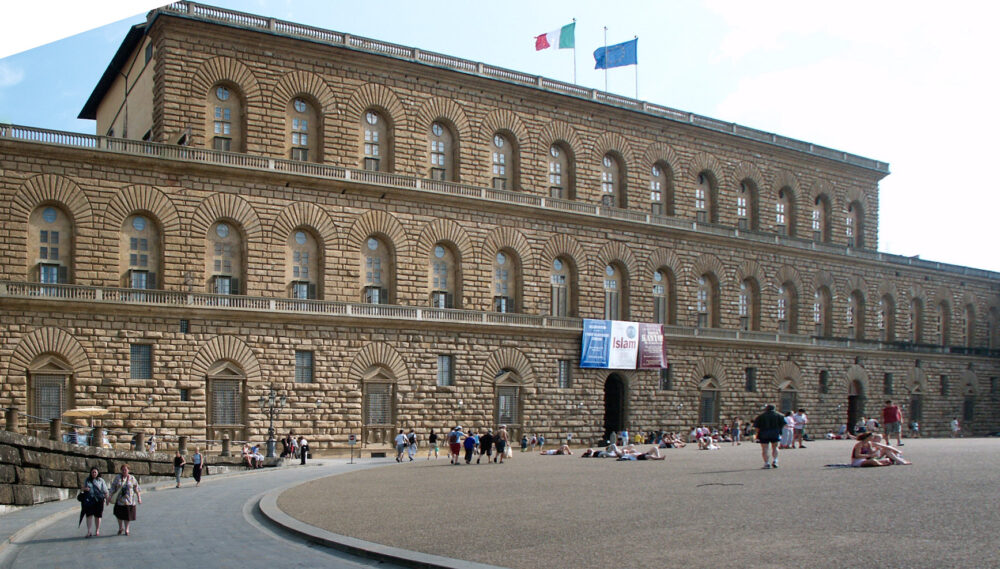
Italy is a country celebrated for its historical heritage, culinary excellence, and lively festivals. With its art-rich cities, ancient ruins, and traditional village life, Italy offers numerous avenues to immerse oneself in authentic culture. The country’s regional diversity adds layers to its cultural experience, with each area offering distinctive foods, wines, and crafts.
Visitors seeking authenticity should venture beyond the tourist-packed locations to experience cucina povera in small town trattorias or to join a sagra, a local festival showcasing regional specialties, according to Wayfairer Travel. Understanding basic Italian etiquette, like greeting with a gentle handshake and being mindful of meal times, helps navigate cultural interactions smoothly.
3. India showcases diverse traditions, colorful ceremonies, and spiritual practices.
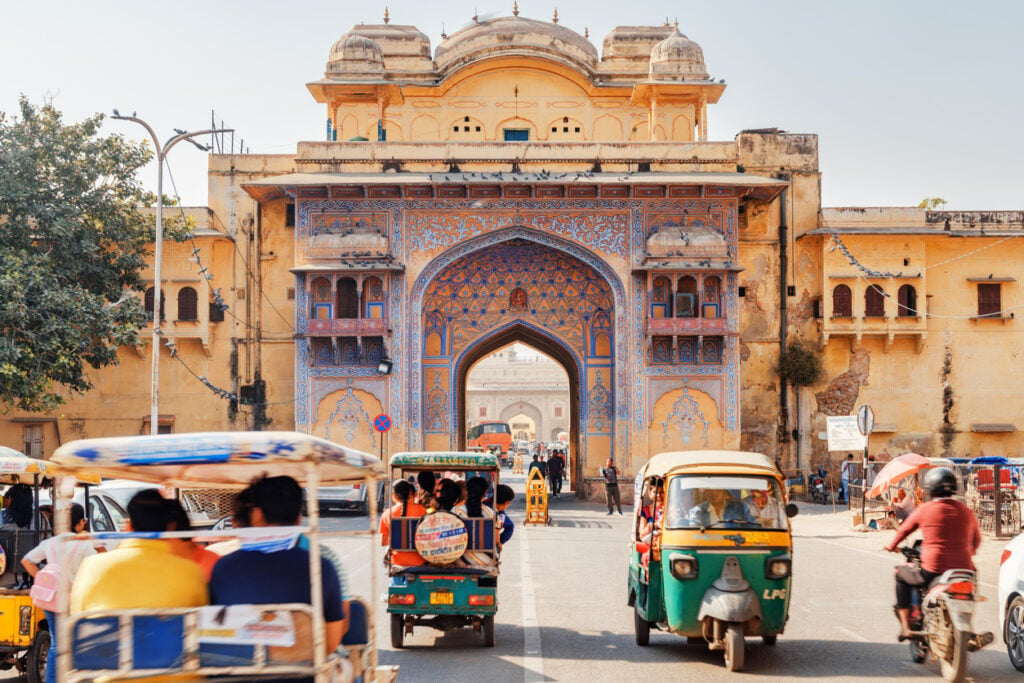
India’s cultural landscape is an intricate tapestry woven from thousands of years of history, diverse languages, and vibrant religious practices. From the intricate dance forms of the south to the colorful festivals shared nationwide, India promises an abundant array of cultural experiences. Intricate spiritual rituals performed in temples and ghats highlight the cultural diversity that pervades every aspect of life, as stated in Insight Vacations.
When exploring India, respect for local traditions is paramount. Participate in local ceremonies, whether it’s a wedding celebration or a public festival like Diwali. Travelers should dress modestly, especially when visiting religious sites, and be open to genuine exchanges with locals to truly appreciate the rich Indian culture.
4. Morocco blends ancient architecture with lively markets and unique cuisine.
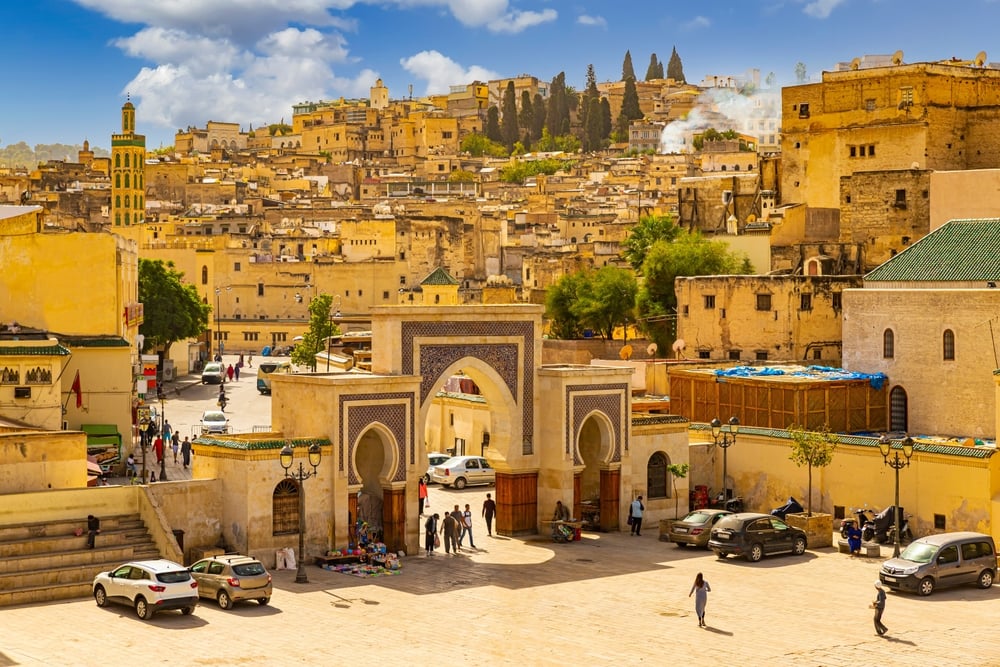
Morocco enchants visitors with its spectacular architecture, bustling souks, and flavorful cuisine. The country offers a fascinating blend of Arab, Berber, and French influences, witnessed in its food, music, and architecture. The intricate designs of the medinas and the vibrant atmosphere of the markets in cities like Marrakech immerse visitors in a unique cultural narrative.
Embark on a journey beyond the tourist hotspots by exploring the blue streets of Chefchaouen or trekking the Atlas Mountains guided by local Berber communities. It’s beneficial to learn a few phrases of Arabic or French, as it builds rapport and allows for deeper connections with Moroccan hospitality and culture.
5. Peru invites visitors to explore Incan ruins and indigenous customs.
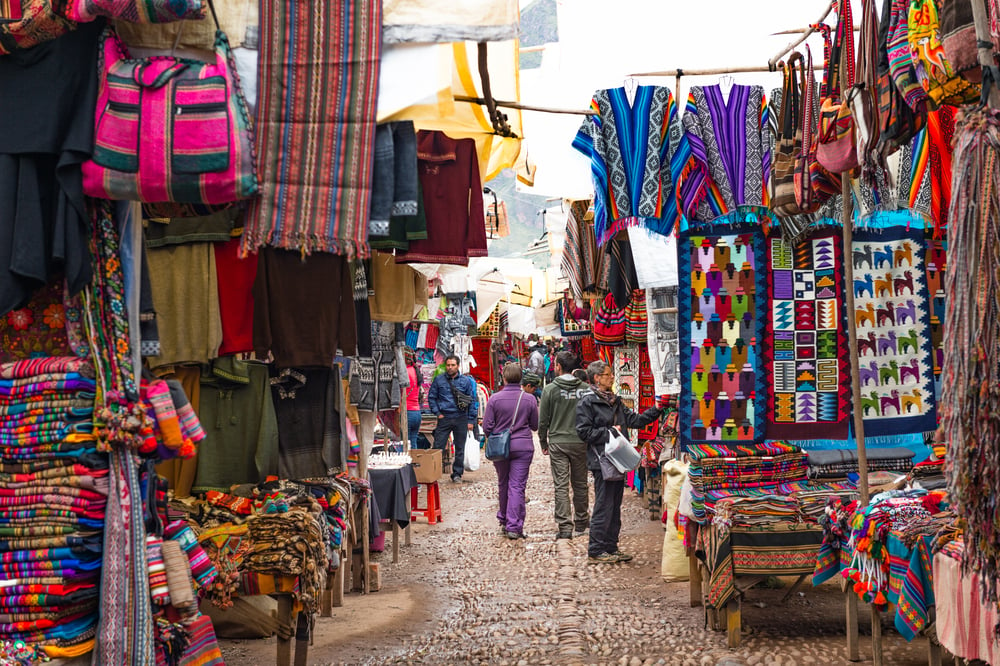
Peru captivates with its Incan roots and hearty landscapes. Travelers are drawn to the ancient wonder of Machu Picchu and the traditions of rural Andean communities. Peru’s blend of Spanish colonial and indigenous influences is evident in its festivals, textiles, and music.
For an authentic experience, focus on connecting with indigenous communities by participating in local festivals or visiting artisans in the Sacred Valley. Supporting local businesses by purchasing handmade crafts helps sustain these cultural practices. Visitors should also familiarize themselves with socially appropriate behaviors, such as using a soft tone of voice in public and respecting local customs.
6. Greece provides authentic experiences through historic sites and local hospitality.
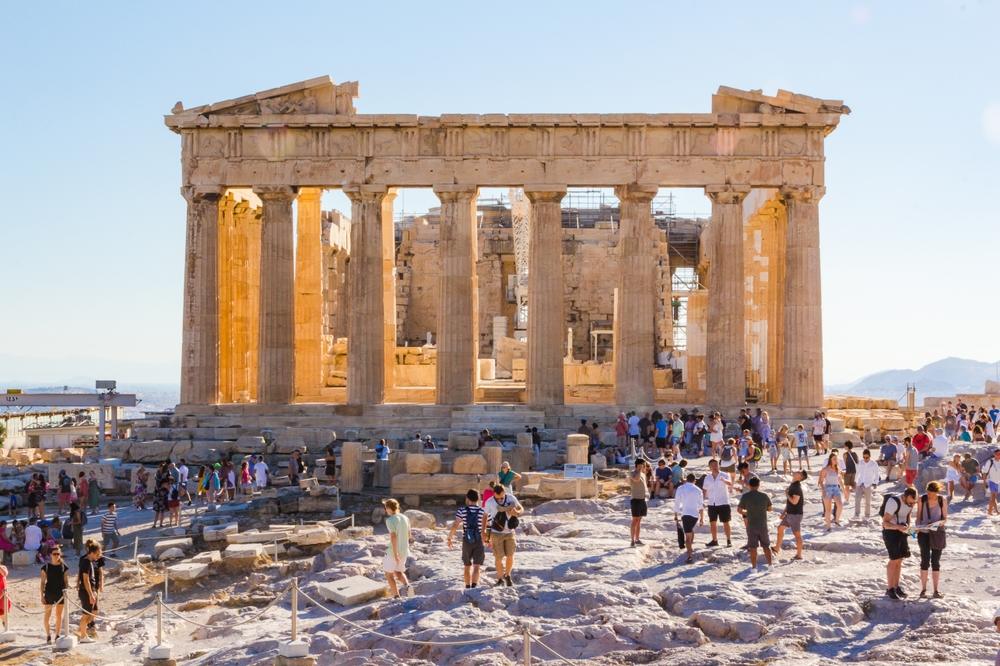
Greece offers a mix of monumental history and unmatched hospitality, symbolizing the epitome of ancient and rustic charm. The ruins of Athens, like the Parthenon, bring visitors face to face with ancient Greek civilization while the islands boast idyllic retreats with their own traditions and recipes.
To embrace Greek culture authentically, travelers should spend time in smaller towns like Nafplio or the Mani Peninsula, where local life thrives without the tourist bustle. Experience Greek culture deeply by joining a local fishing trip or sharing a homemade meal, which reflects the Greek value of philoxenia. Basic Greek greetings greatly enhance social interactions and show appreciation for cultural norms.
7. Mexico delivers vibrant celebrations, traditional crafts, and flavorful dishes.

Mexico invites visitors to experience its vibrant fiestas, deep-rooted traditions, and appetizing dishes. Its cultural vibrancy is showcased through festivals like Dia de los Muertos and the skilled artistry of Puebla’s Talavera pottery. Each region offers a distinct cultural palette, rich with traditional crafts and folklore.
Seek out authentic experiences by attending local celebrations in towns beyond the tourist hubs, or by learning from artisans in Oaxaca. Respectful engagement is crucial; understanding and adhering to local etiquette, such as greeting with a warm handshake or light hug, and asking permission before photography, enhances the immersive cultural experience.
8. Thailand features ancient temples, bustling street life, and cultural rituals.
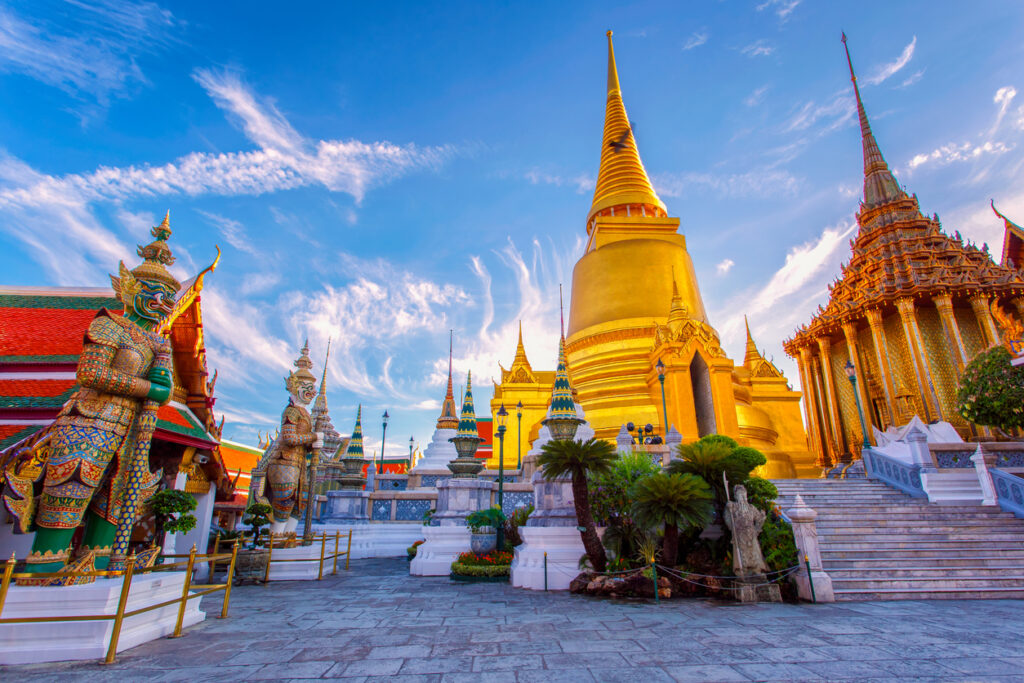
Thailand enchants travelers with its serene temples and animated street life, where cultural rituals and modern living entwine. From the bustling streets of Bangkok to the tranquil hill tribes of the north, Thailand offers varied experiences rich in tradition, culinary magic, and respect for the monarchy and Buddhism.
To experience authentic Thailand, take part in local festivals like Songkran, or visit lesser-known towns like Chiang Rai for a more local flavor. Dress modestly when visiting religious sites and greet locals with a wai, a gentle bowing gesture. These small acts show cultural understanding and respect, fostering warmer connections with Thai hosts.
9. Vietnam offers rich history, diverse landscapes, and warm cultural encounters.
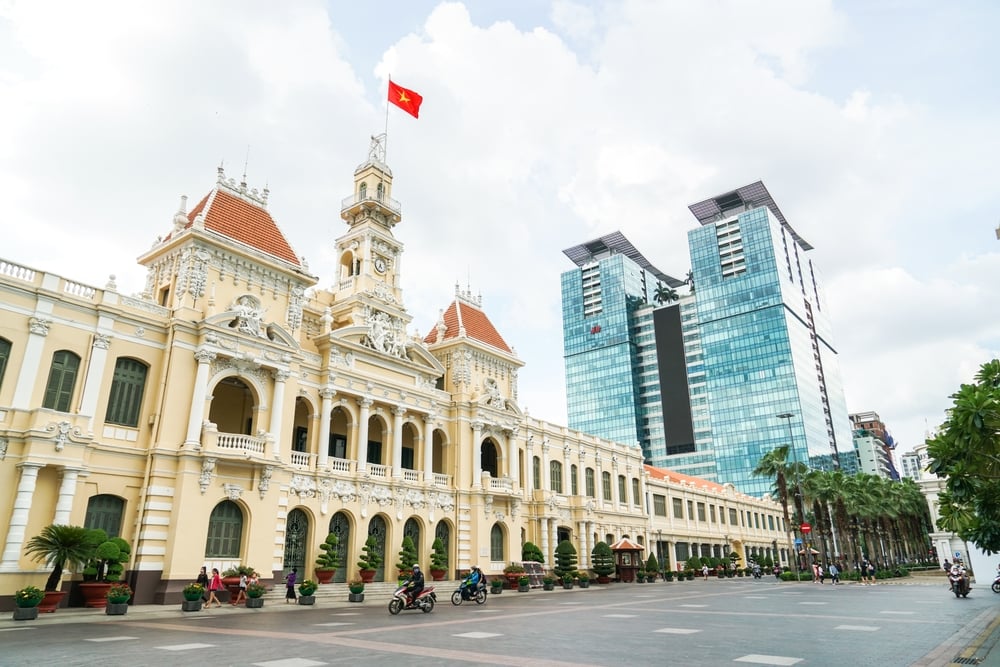
Vietnam’s allure lies in its blend of history, scenic beauty, and dynamic culture welcoming exploration. From the historic boulevards of Hanoi and the fertile Mekong Delta to the limestone islands of Halong Bay, Vietnam provides a sensory-rich experience brimming with culinary and cultural delights.
Discover genuine Vietnamese culture by engaging with rural communities during their tet celebrations or by staying in local homestays in regions like Sapa. Embrace Vietnam’s cultural practices by showing respect with local gestures such as slight bows in greeting and observing dining etiquette. Exploring Vietnam with an open heart and mind offers countless opportunities for meaningful cultural exchange.
10. Egypt reveals ancient civilizations and timeless traditions along the Nile.
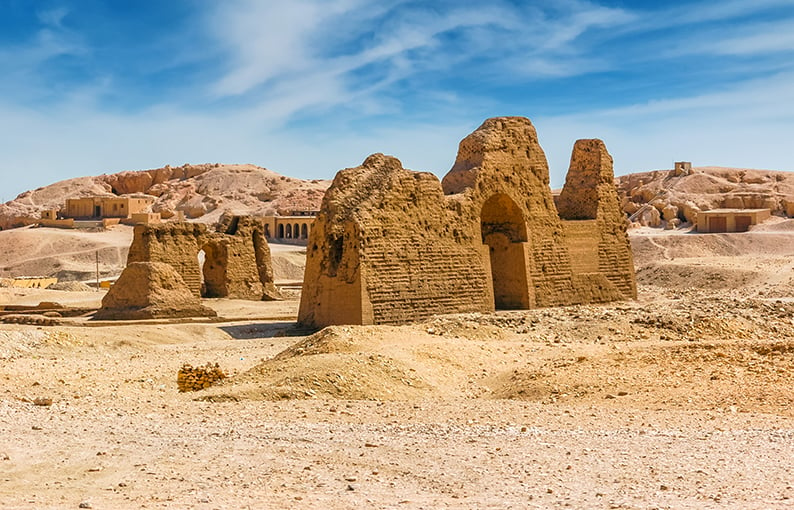
Egypt’s narrative spans millennia, showcasing an impressive museum of human history and ancient wonders. At its heart are the timeless Nile River, the awe-inspiring pyramids of Giza, and the bustling streets of Cairo. Beyond these, Egypt’s cultural richness can be experienced in traditional crafts, festive music, and hospitality.
For an authentic glimpse into Egyptian life, visit Nubian villages or participate in local street markets and cultural festivals. Demonstrating respect, such as dressing conservatively and understanding key Arabic phrases, facilitates deeper engagement with locals. Egypt’s multifaceted culture truly comes alive through these personal interactions, offering insights into ancient and modern life.
11. France combines iconic art, regional customs, and world-famous gastronomy.
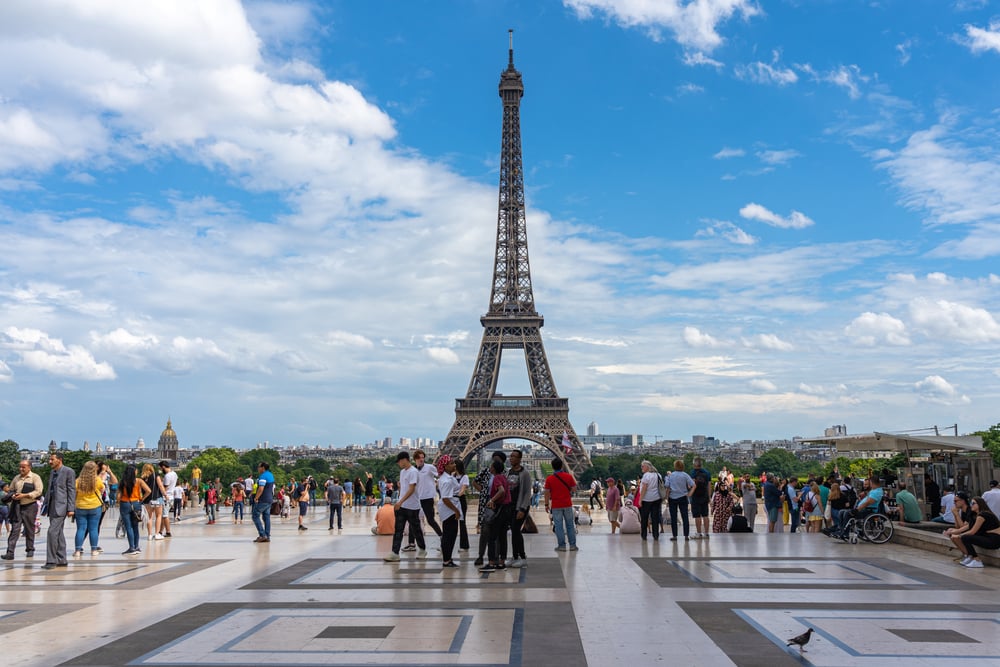
France is synonymous with artistic elegance, diverse customs, and renowned culinary arts, offering cultural depth beyond the iconic Eiffel Tower. Each region offers unique nuances, from the vineyards of Burgundy to the charming towns of Provence. While Paris is an international symbol of art and cuisine, France’s cultural authenticity is truly reflected in its regional traditions.
To savor a truly French experience, spend time in local marchés and discover smaller villages like Gordes or Bergerac. Understanding cultural customs, such as greeting with ‘Bonjour’ and enjoying leisurely meals, enriches your experience. The diversity of regional France promises authentic engagement with its storied history and dynamic present.
